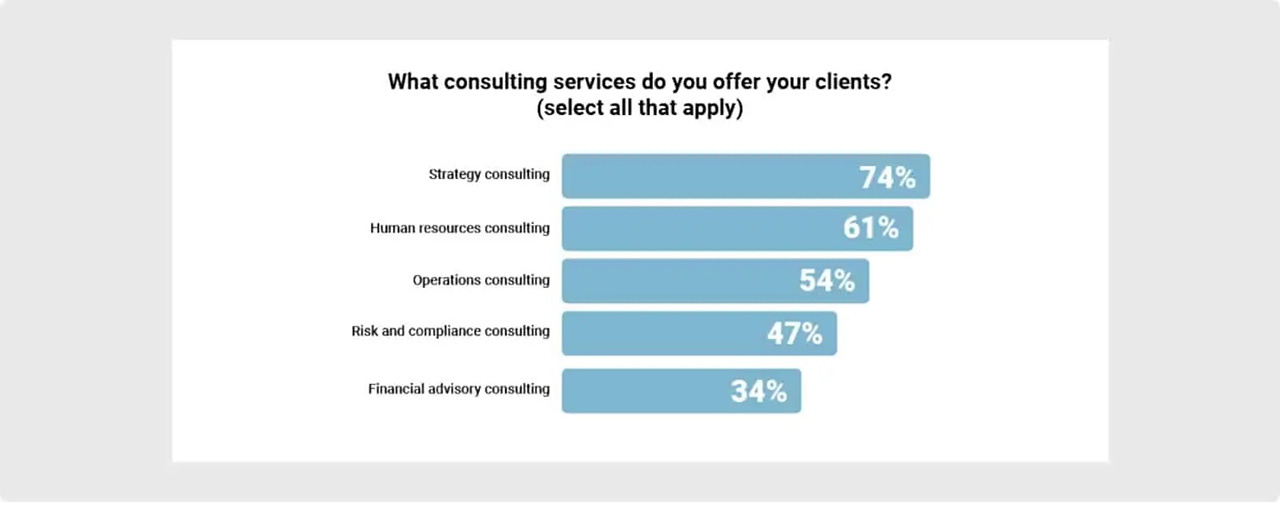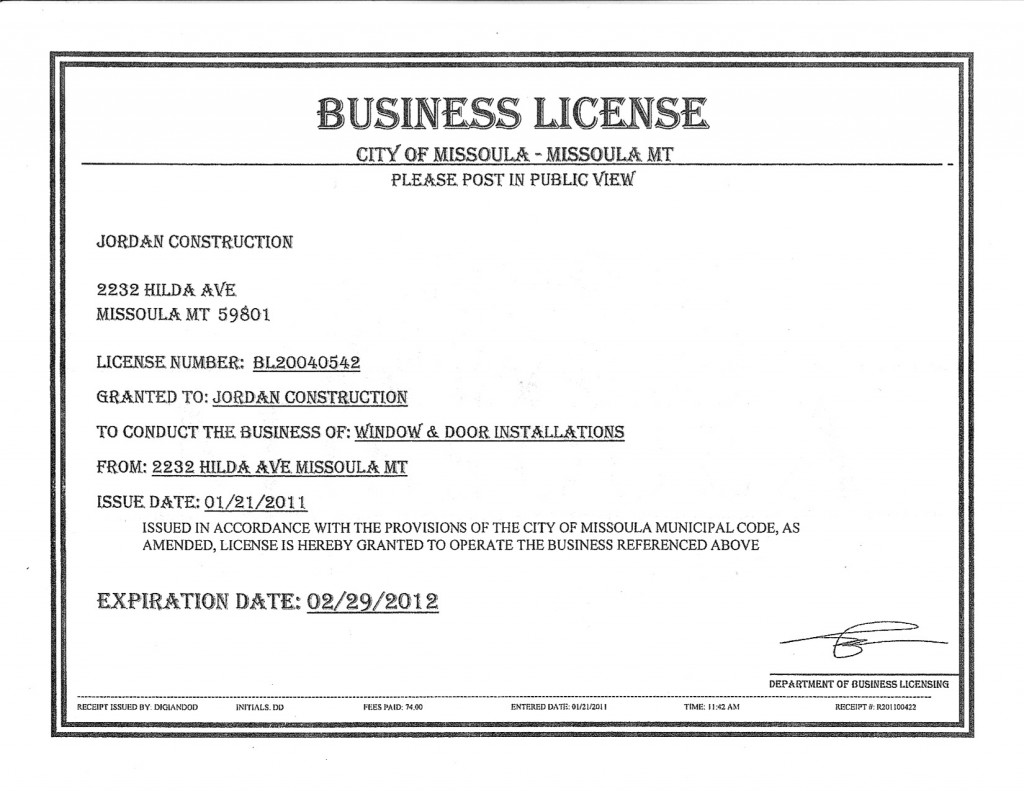
One big question that arises in the mind of many people is: should I be a contractor or an employee? We will be discussing the differences in these two models in this article. This article will focus on the costs of contracts, their flexibility, our control over our behavior and the benefits of Onboarding & Training. A contract may be the best option for some people. However, for some people, a contract may be the better option.
Prices
Common error in hiring people is to underestimate the value of their time. Many business owners neglect to consider the true cost of labor. This can cause business owners to pay more than they should and affect their bottom lines. Andre, for example, thinks Pete will be $45 an hour but fails to consider the overhead associated with an employee. In fact, this mistake can lead to a hefty bill for the contractor, which he doesn't realize.

It is usually more expensive to hire a contractor than an employee. The business owner must pay payroll tax on wages, as well as workers' compensation insurance and other benefits. Although this option is more costly than hiring employees, it can provide stability for the business and enhance its core capabilities. Independent contractors can be more flexible than employees. Businesses can terminate contracts before they become too costly if the contractor becomes unreliable.
Onboarding
Contractor onboarding is different than regular employees. The process is also less well-defined. Onboarding a contractor is more complicated than it is for a regular employee. Additionally, many companies only use contractors when they need them. There are many ways to make this process more efficient for both sides. Here are some suggestions. When planning your onboarding process, consider the needs of the contractor.
o Provide tools for new hires to set personal boundaries. Remote workers should set their own boundaries. They must also be expected to follow work-related rules during regular work hours. A company should offer tools that can help them define boundaries if they are going to hire a new employee. By doing this, employees will feel supported and fulfilled throughout the whole process. In the end, onboarding is about smooth transition.

Training
One key difference between employment or contracting is the training. Training should be considered a long-term investment while the latter should be considered a temporary one. An employee who is well-trained understands the company's intricacies and can add value beyond just delivering work. A loyal employee is also likely to remain loyal to the company over time. Contractors only aim to make a living, and they may deliver substandard results. A worker, on the other hand, will likely go above and beyond what is expected and put in more effort.
FAQ
What are the benefits of consulting?
Consultants can often choose the hours and topics they work on.
This means that you are able to work from wherever you're at any time.
It also means you can easily change your mind without worrying about losing money.
Finally, you can control your income and set your own schedule.
How long does it usually take to become an expert consultant?
It depends on the industry and your background. Most people start their career with only a few months to find work.
Some consultants work for years to perfect their skills, before being hired.
Can consulting be considered a real job?
Consulting is not just an entry-level career choice for people who want to make money fast - it's also a great way to learn valuable skills and build a solid foundation that you can use throughout your work.
Consulting offers many opportunities in project management as well as business development, strategy and training. There are many projects you could be involved in, from small start-ups all the way up to large-scale multinational corporations.
Consulting allows you to learn and improve your skills while also gaining experience in many industries. This could mean learning to manage teams, negotiate contracts, write proposals, manage budgets, analyze data, create presentations, conduct market research, and much more!
How do you start an LLC consultancy company?
You must first figure out what you want to do as a service provider. Then you need to make sure you are qualified for those services. It is also possible to locate someone who has done the same job as you and find out how they do it.
Once you have an idea of the content you want, you can then determine where your target audience is. If they don't exist, you might have to make them.
You must then decide whether you want your business to be run by you or hired others.
A license from the state could be required to start your own consulting business. However, this can take some time and require legal fees.
Can I get a degree as a consultant?
You can become an expert in any subject by learning the subject thoroughly, then applying what you have learned.
So if you want to learn how to become a great consultant, start studying now!
If you have a degree but no relevant experience, you may struggle to get hired. But, if your qualifications are comparable to those who have been hired, you might still be eligible to apply.
Employers will always search for candidates with real-world experience.
How do I attract clients to my consultancy business
First, find a subject you're passionate about. You could choose anything from public relations to social media, but it should be something you love. If not, you may have to start small by finding a niche market such as web design. Once you find the right niche, it is important to know what makes it tick. What problems does the solution solve? What are the benefits? What can you do to support them?
You can also try approaching businesses directly - perhaps they need someone who understands SEO or content creation, or maybe they just want to know where to go for advice on social media strategy.
If all else fails you can offer your services at free events such as conferences or networking nights. It's a great way to get in touch with potential customers, without spending too much on advertising.
How much should you charge as a consultant?
It depends on what service you provide. You don't have to charge anything if you provide services free of charge. However, if you are selling products or services, then you need to set prices based on value.
You don't have any products to sell if you provide low-quality services. Why should anyone pay for your services?
If you are providing high-quality services, then you could ask for a higher price because people recognize the value you provide. Clients who purchase multiple packages may be eligible for discounts.
Statistics
- Over 50% of consultants get their first consulting client through a referral from their network. (consultingsuccess.com)
- WHY choose me: Why your ideal client should choose you (ex: 10 years of experience and 6-week program has helped over 20 clients boost their sales by an average of 33% in 6 months). (consultingsuccess.com)
- 67% of consultants start their consulting businesses after quitting their jobs, while 33% start while they're still at their jobs. (consultingsuccess.com)
- According to IBISWorld, revenues in the consulting industry will exceed $261 billion in 2020. (nerdwallet.com)
- On average, your program increases the sales team's performance by 33%. (consultingsuccess.com)
External Links
How To
What is a typical day for a consultant?
A typical day will vary depending on the type of work you are undertaking. You'll spend your time researching new ideas and meeting clients.
You will have many meetings where clients and you can discuss their issues. These meetings can be conducted over the phone, by email, face-to-face, or online.
The proposal is a document that outlines your ideas and plans to clients. You will need to discuss these proposals with a mentor or colleague before you present them to clients.
After all the preparation and planning, it's time to actually create some content. Writing articles, designing websites, editing photos or conducting interviews are just some of the options.
Depending on your project's scope, it may be necessary to do research to get relevant statistics. You might need to determine how many customers you have, and whether they buy more than one product.
After gathering enough information, you can present your findings to clients. You can either present your findings in writing or orally.
You must also follow up with clients following the initial consultation. You could phone them occasionally to check on things or send an email asking them to confirm that you have received their proposal.
This process takes time, but it's important to ensure that you stay focused and maintain good relationships with clients.